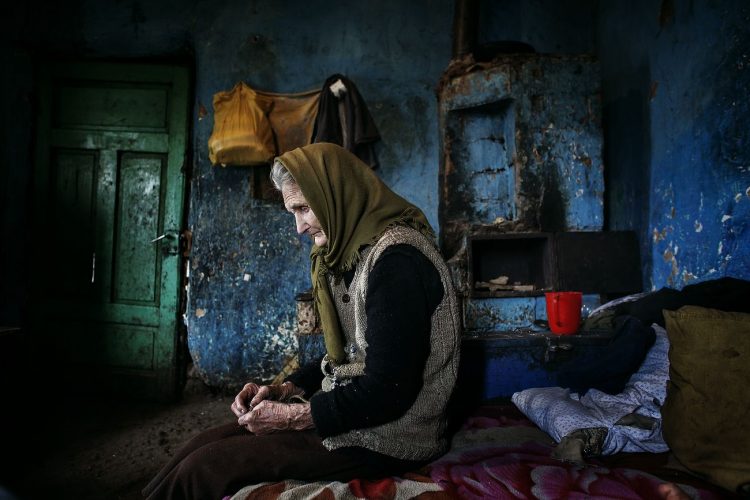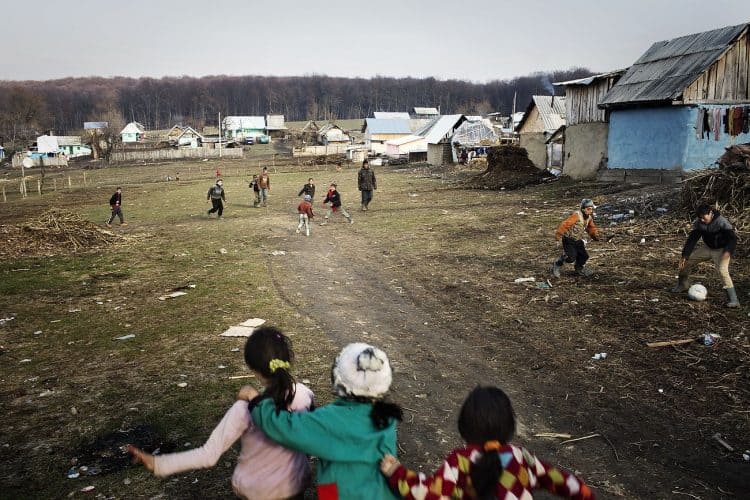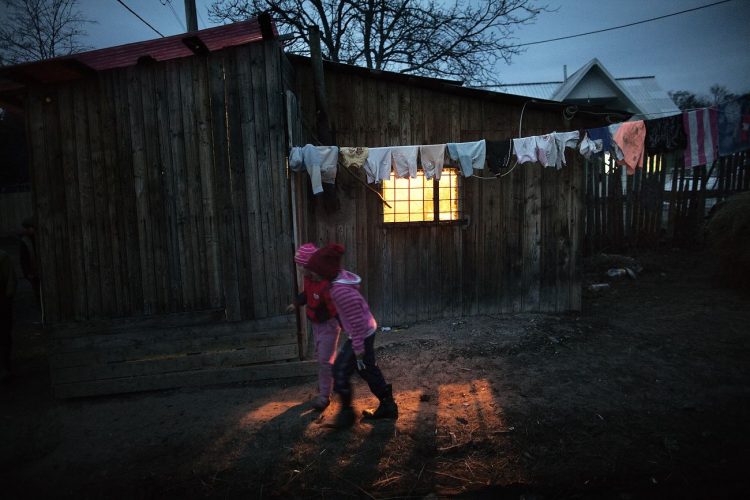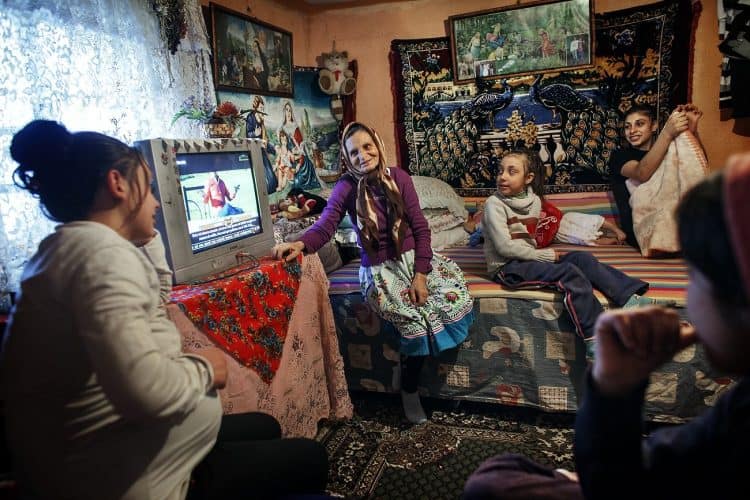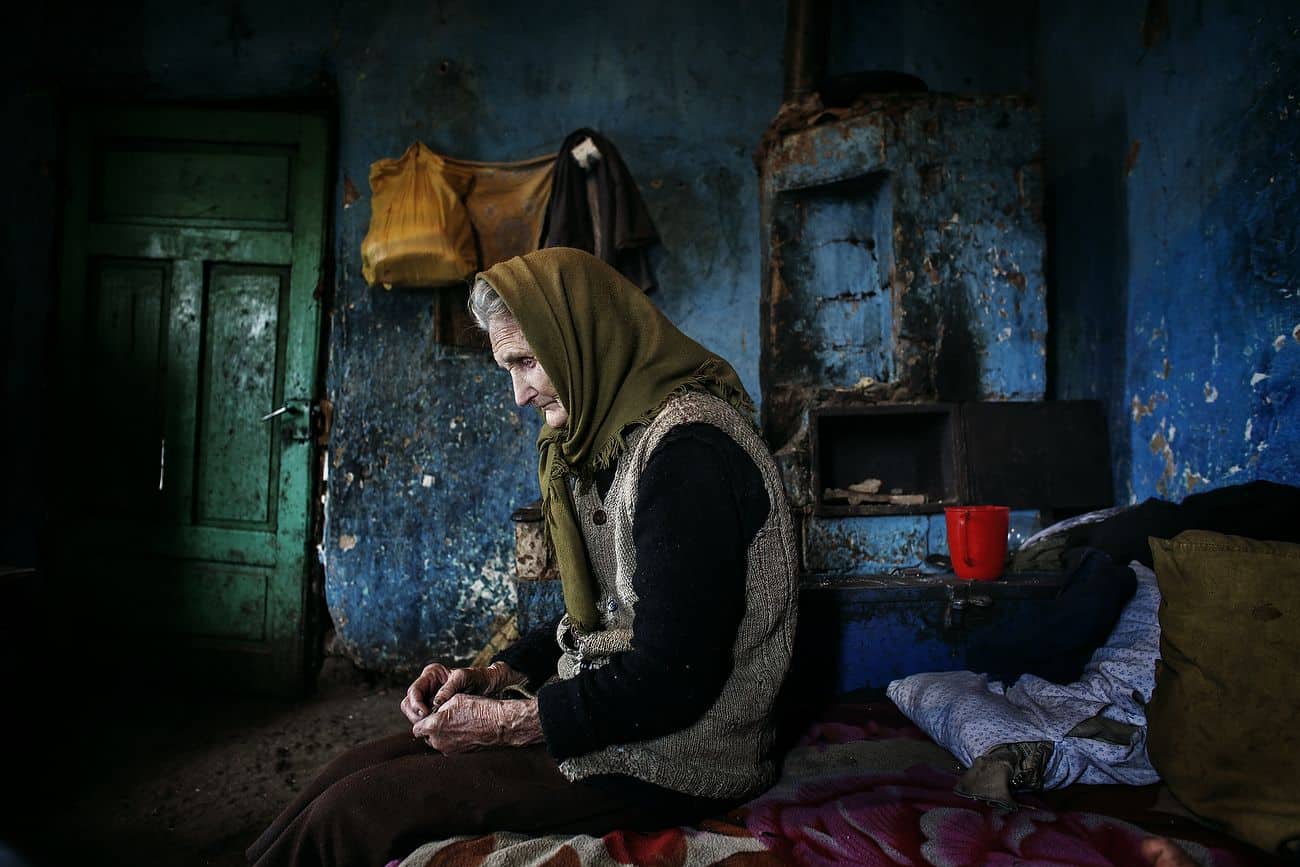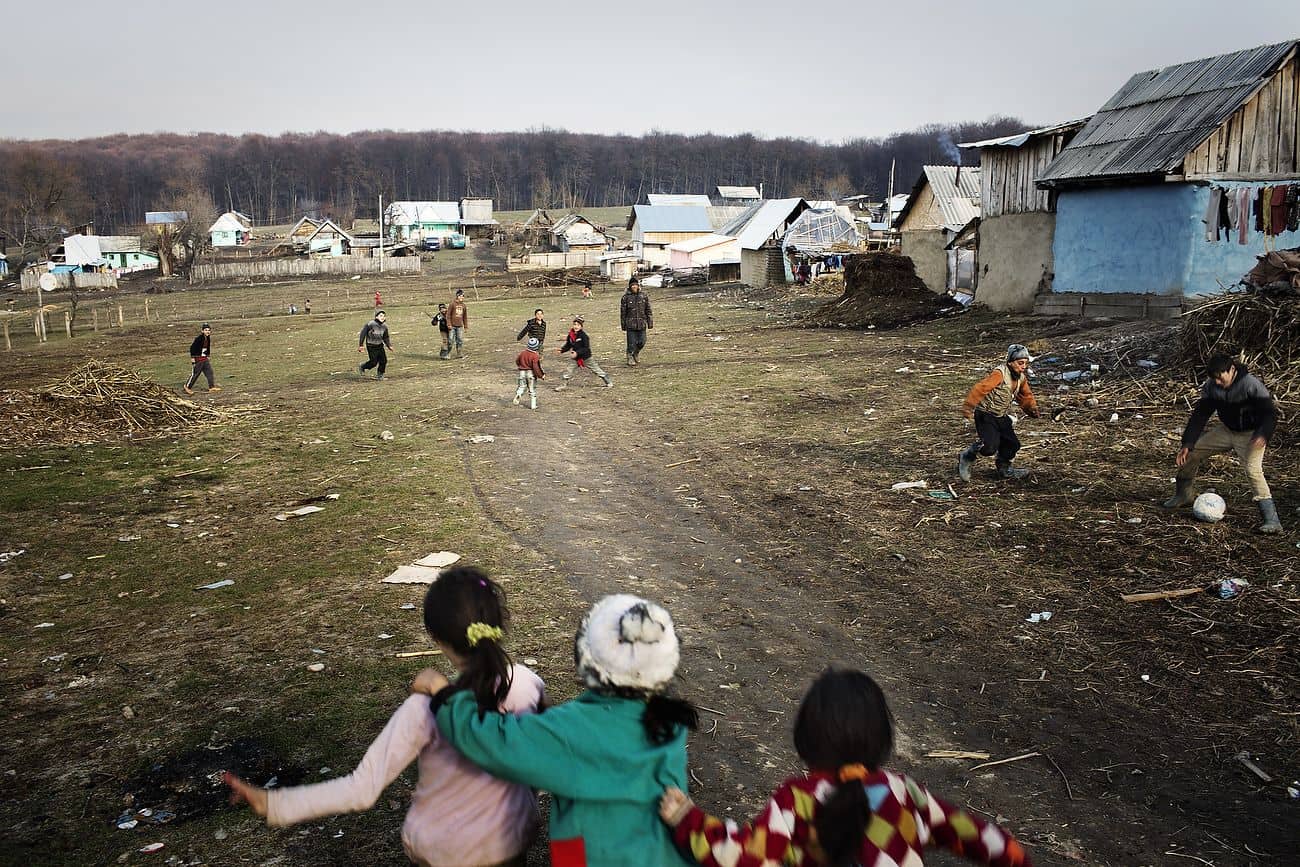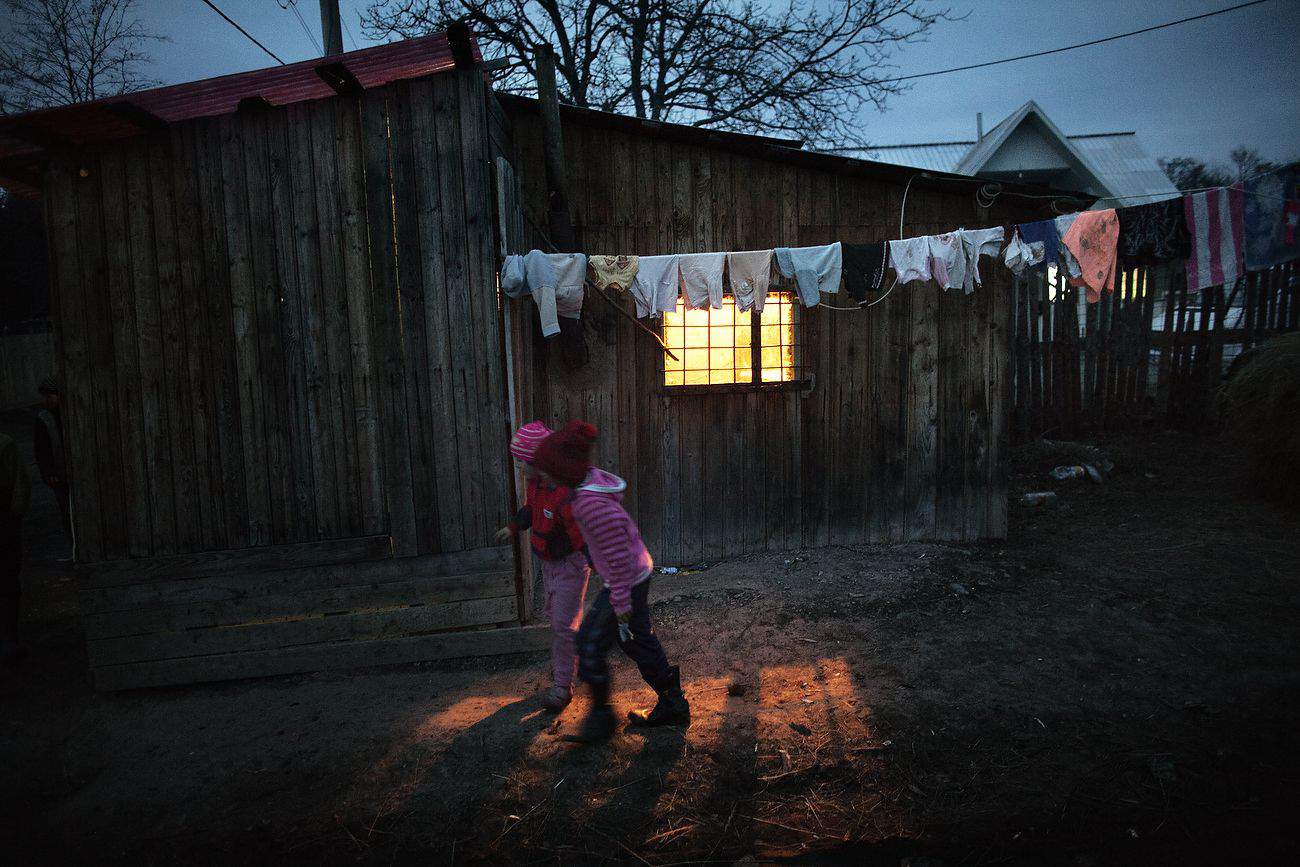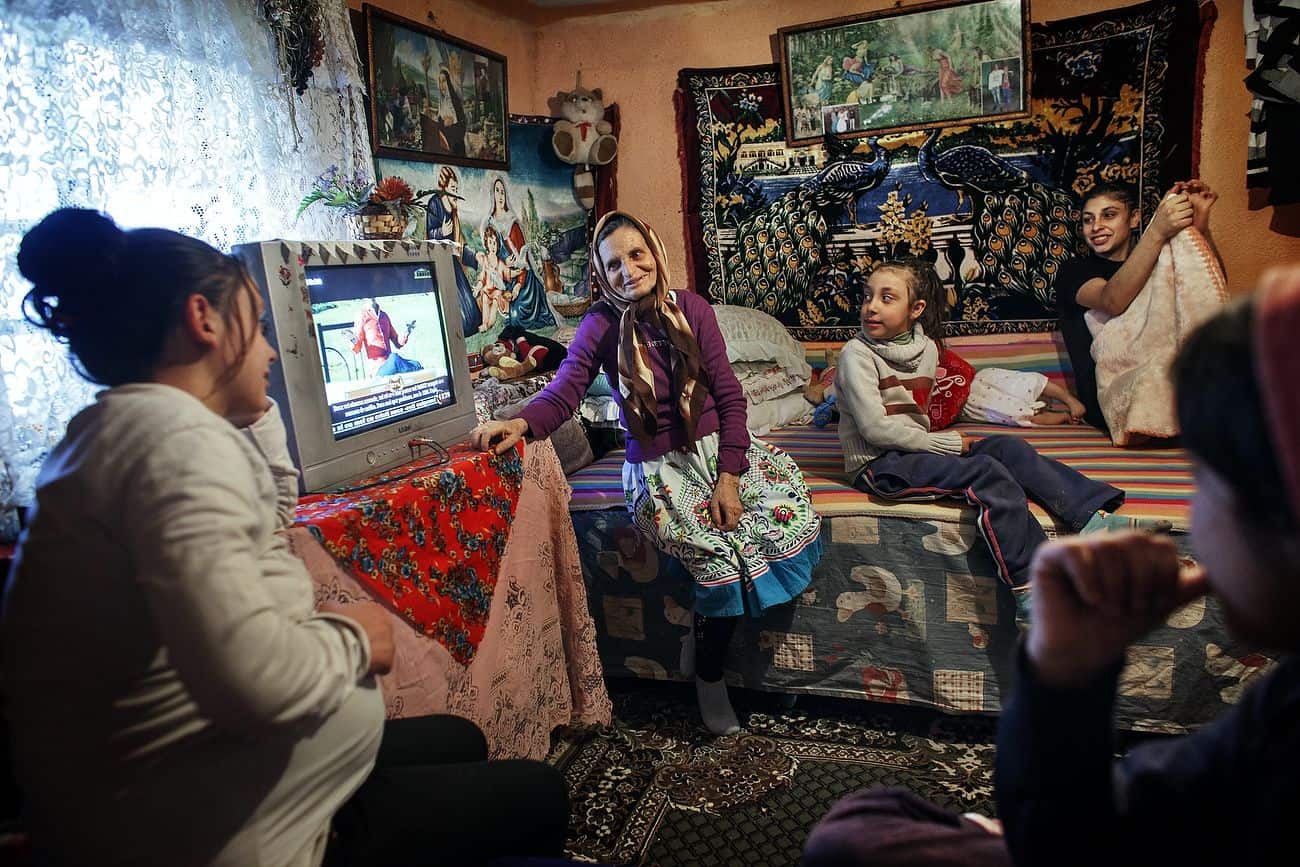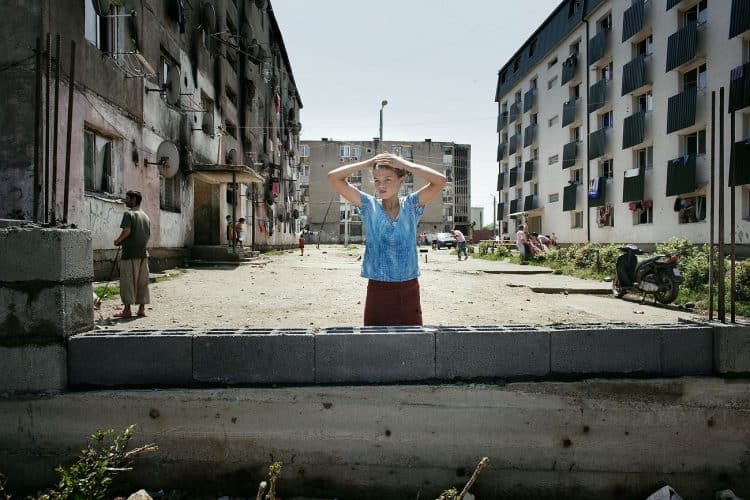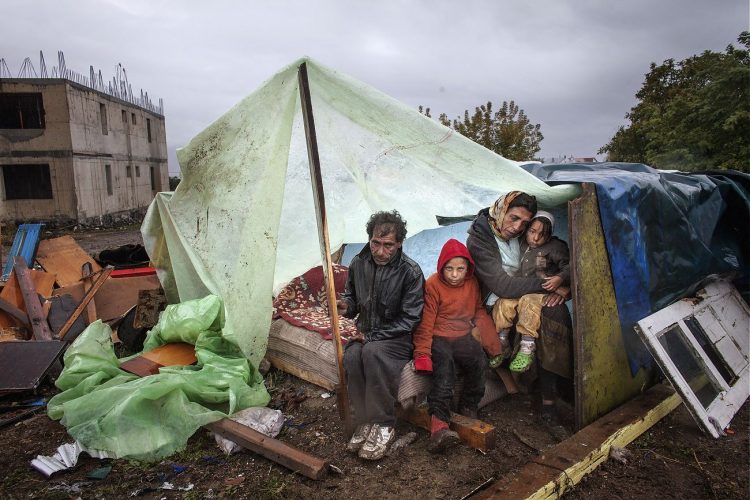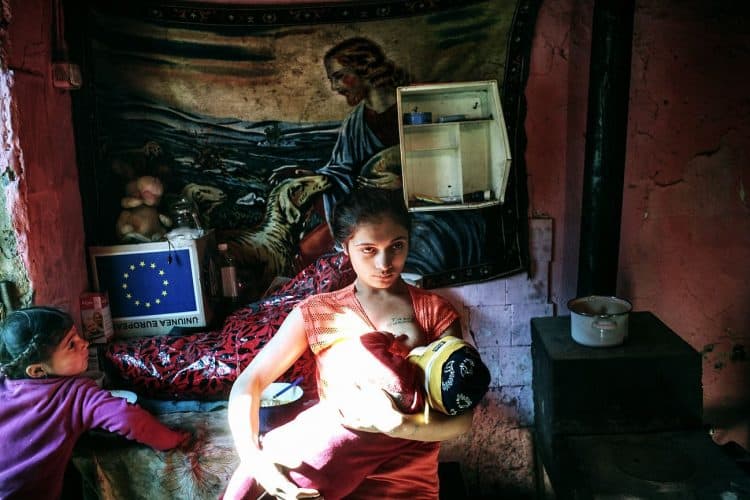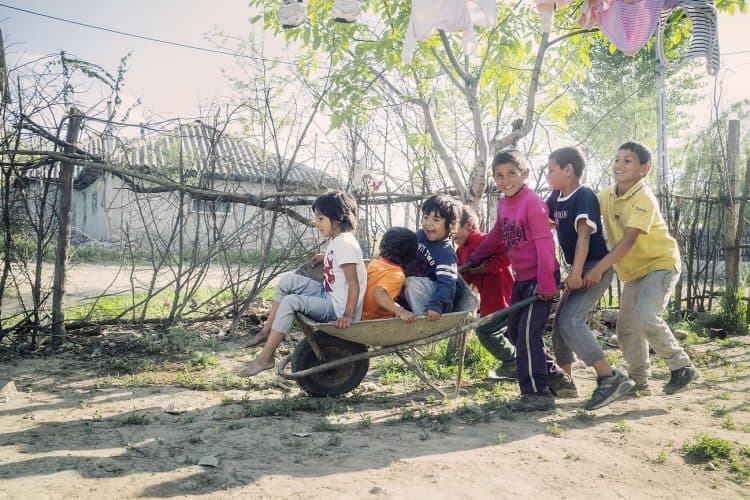In my three years of social activism on behalf of the Roma people I have encountered many stories supporting the above affirmation. Today I will share with you just one.
In 2012, for the first time since I started documenting the plight of the Roma people in Romania, one of the major Roma NGOs in Romania asked me if I could make a video documentary about discrimination against Roma in access to healthcare.
I was already contemplating the idea of working on a photographic documentary so this project resonated with me immediately. Unlike 99.9% of the Romanians, Roma ethnics included, instead of accepting to do something that is not normally my specialty (I am a photographer first and foremost, not a videographer), I declined the offer and I recommended instead a production house, the best professionals I knew at the time, who are more than capable of delivering such a material. I decided to accompany them, to work on my own documentary as they were working on their video material.
From the moment I introduced the two parties to each-other until the two actually started working together, the NGO acted in such unprofessional way we all wondered if it wouldn’t be better to just abandon the idea of doing this documentary altogether. But this is not about lack of communication skills or missed deadlines. I am here to talk to you about something worse: the lack of involvement in communities.
NGOs have long lost contact with the people they are supposed to represent. And saying that assumes they ever had it, which I strongly doubt.
I first realised that when I was in Baia Mare working on behalf of the Roma there, standing against a racist mayor all by myself, with no help from Roma NGOs. For those that don’t know who I am talking about: The Baia Mare mayor is infamous for turning a social housing complex into a ghetto by building a wall around it and forcibly evicting informal Roma settlements to a toxic site during elections season. An official representing the governmental National Agency for Roma praised these actions as “help” for the Roma people, and suggested that similar mayors should be installed in all major Romanian cities.
The Roma NGOs were no better than the government. Despite the notoriety of the case in the press, I had to call Roma NGO leaders myself to ask them to send someone to Baia Mare to provide legal assistance to those in need. They eventually sent two people who stayed in Baia Mare for less than 24 hours. I personally took the NGO representatives to everyone affected by the toxic chemicals. They took statements and promised litigation support. But because the NGOs made no further contacts with the local Roma, the victims, caught between the loan sharks and the mayor, decided to withdraw their complaints.
Later, when things calmed down, other corrupt Roma leaders and Roma government advisers visited Baia Mare and stated that there was no case of discrimination in Baia Mare.
